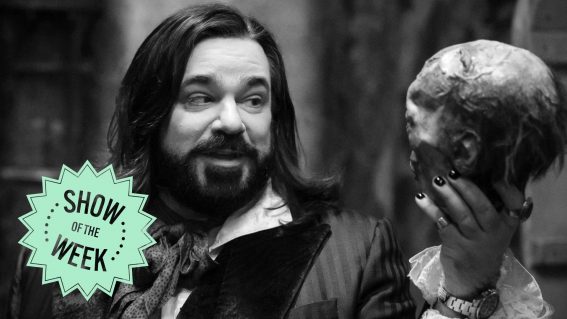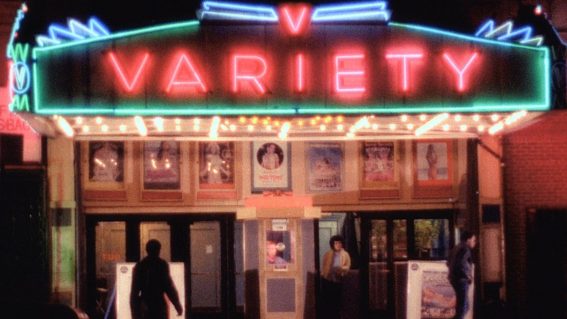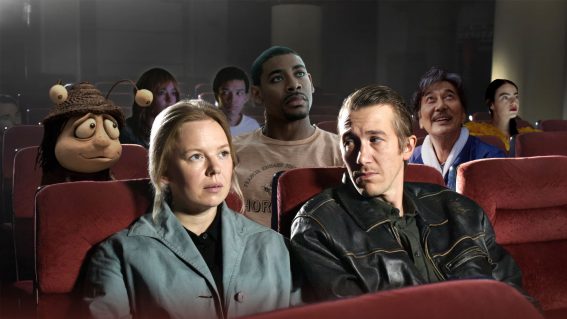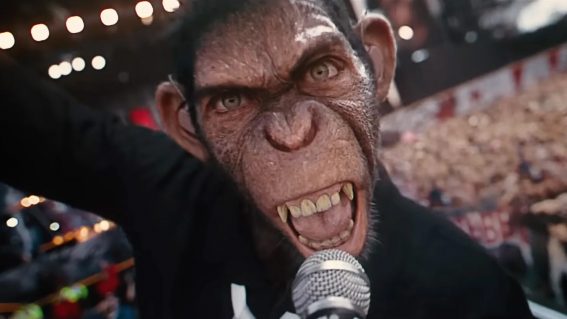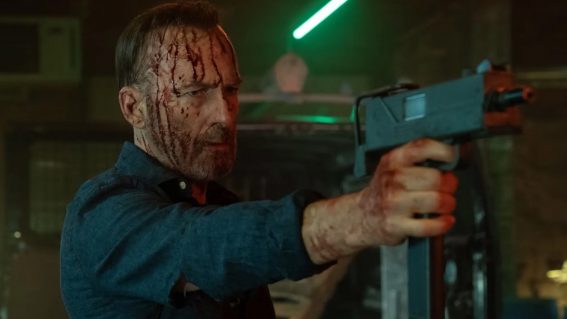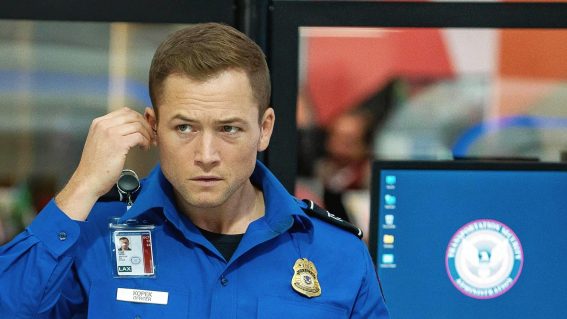Barely anyone has seen this excellent, edgy Brendan Fraser thriller from 2006
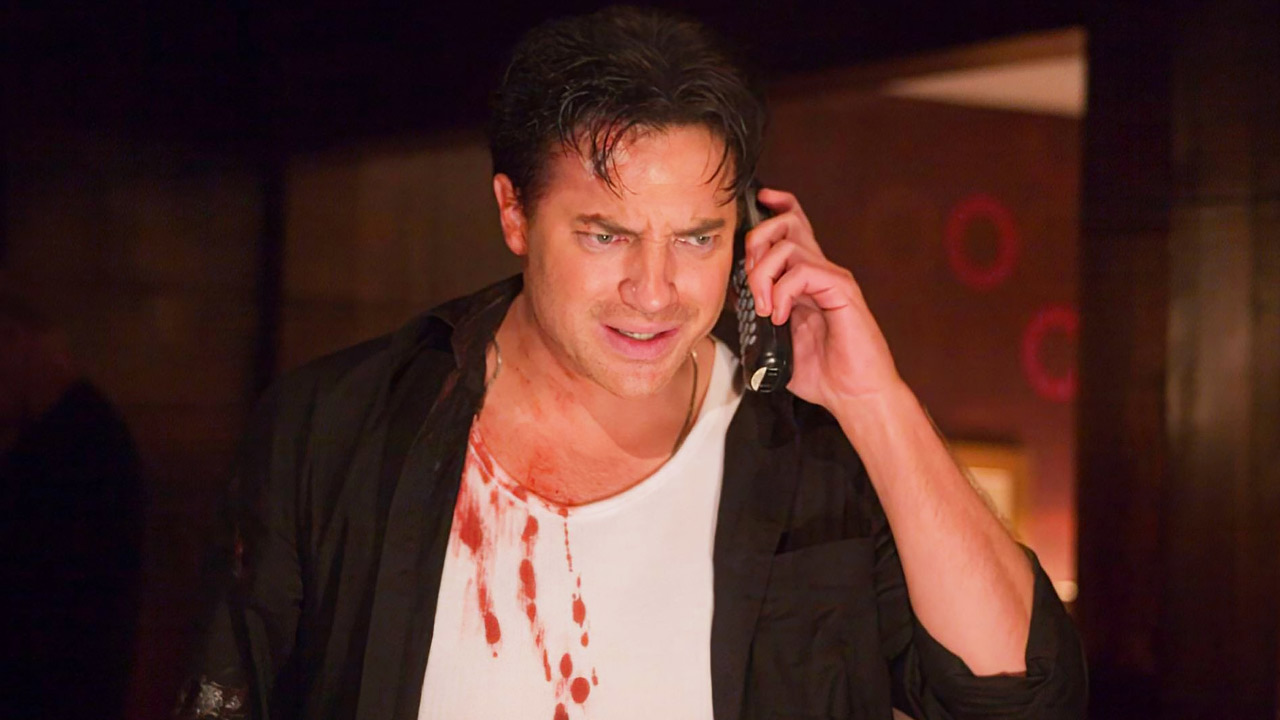
The world is only starting to understand that “Oscar-nominee Brendan Fraser” is so much more than an adventure-comedy goofball. In fact, Luke Buckmaster’s discovered a neo-noir where he plays a total jerk: the little-seen Journey to the End of the Night.
Brendan Fraser has been justly acclaimed (and Oscar-nominated) for his heart-wrenching performance as a morbidly obese man in Darren Aronofsky’s The Whale, marking the faded star’s return to the zeitgeist and reminding us of the appeal of a good old fashioned comeback narrative. The affectionate term coined to describe this—the “Brendanaissance”— positions Fraser’s revitalized career within the context of humankind’s greatest artist movements—including the actual Renaissance as well as, far more significantly, the McConaissance.
Part of any “aissance” surely involves turning over old stone’s in the artist’s career and reappraising neglected works. So you can imagine my surprise when I read an interview with Aronofsky that brought to my attention an excellent Fraser-led thriller from 2006 that had only one review listed on its Rotten Tomatoes page—written in Greek. That film is writer/director Eric Eason’s Journey to the End of the Night: an edgy, pacey, São Paulo-set crime flick with neo-noirish vibes and a sticky streetside texture reminiscent in more contemporary terms of a Safdie brothers production, such as Good Time or Uncut Gems.
The narrative begins with a whoosh of adrenaline and Eason sustains tension throughout—boosted by Fraser’s itchily tense and imposing performance, full of shifty looks and angry physicality. It’s one of those films that’ll stay eternally cool, like the noir productions from which Eason clearly learned some lessons—i.e. keep it punchy, keep it tight, keep concentrated blasts of action tied to characters and themes. The pressure-packed plotline missteps only briefly, when Eason diverts to a strange sequence capturing a vision experienced by a clairvoyant, which feels like a moment from a thriller with a slipperier grip on reality.
But the film’s immediately interesting, beginning with a trans sex worker engaging with a client who abruptly drops dead. Its only major ellipsis—a large dramatic pause, during which the viewer has time to take a deep breath and contemplate—is an opening credits sequence presented in wobbly helicopter footage, depicting the city bathed in blue: a colour for thinking and reflecting. Soon the colour scheme is dominated by yellows (a cautionary colour) and reds (the colour of danger and passion).
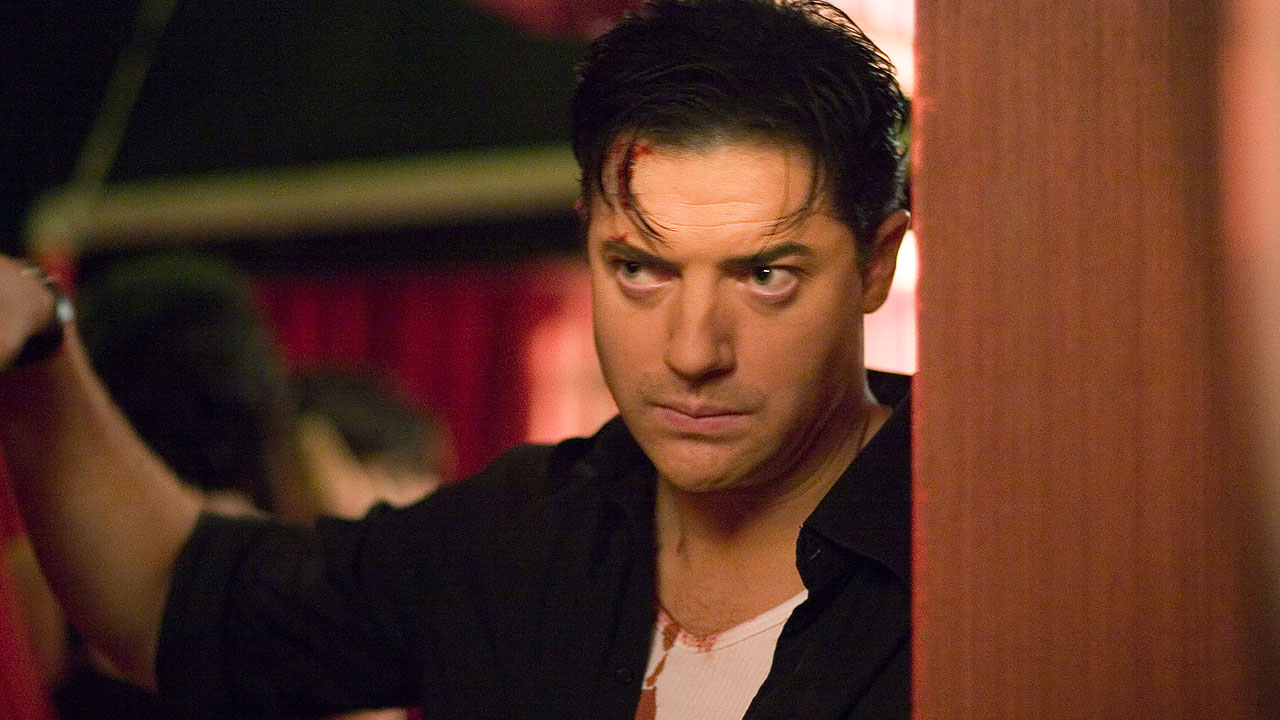
Six minutes in we meet Fraser’s brothel owner Paul, who, singlet-clad, with ciggie dangling in mouth and bag of cocaine close by, receives a call from his father Sinatra (Scott Glenn) informing him that they need a new mule for an imminent drug deal. The other one is the dude who dropped dead. And not just any mule: they need one who can speak Swahili. Enter dishwasher Wemba, played by Yasiin Bey (a.k.a. Mos Def), who is assured that his cut from the transaction will allow him to “never have to wash another dish.” Paul and Sinatra also intend to use the money to start again, exiting the stink hole of their present existence. But this is a hard-edged crime flick—so you know the chances of both men riding into the sunset sporting ear-to-ear grins is approximately diddly squat.
Prickly tension between father and son underscores various acts of jiggery-pokery with a tense familial dynamic, the question of who might be screwing who landing close to home for the two leads. Their criminal allegiance is peppered with deep-seated disdain that sometimes rises to the surface. “I never raised you to become a degenerate gambler,” snarls Sinatra, to which Paul spits back: “No you didn’t. You raised me to become a pimp.” Youch.
Paul is a nasty, conniving, violent piece of work, intemperate and unhinged—a real magnet for trouble. The people around him generally aren’t any better. His world is full of scammers, grifters and goons, everyone trying to screw each other and avoid getting screwed. Fraser cuts a magnetic presence as a total bastard, believably nefarious, who conspires even against his own father, drawing from deep wells of resentment and troubling formative experiences.
Journey to the End of the Night is a down ‘n’ dirty crime pic, so don’t go in thinking you’re going to get a ruminative family drama—though that element is there for those who wish to appreciate it. If we are to be serious (or at least semi-serious) about the whole Brendanaissance thing, this film deserves to be revisited and appreciated. In The Whale, Fraser delivers an excellent, rousing performance—but it’s certainly not his first.


